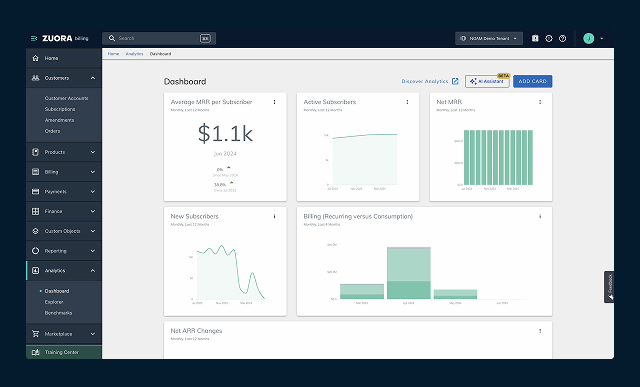Thanks to ever increasing levels of computing power and the availability of cloud services, artificial intelligence (AI) is being applied to business problems where unstructured data can be processed, and patterns understood very quickly, and more accurately than humans.
AI is now crucially important in transactional finance such as invoice processing and payments. An array of new AI services is increasing the level of digitisation, automating processes, and enhancing data and financial analysis. McKinsey shows how AI is reshaping the finance function, resulting in productivity improvements of 90 percent. AI automates extraction of data from documents, matching invoice data to ERP entities, to provide controls oversight, identify complex fraud attacks, action anomalies, and to create real time operational, regulatory and compliance reports. In short, AI removes data processing, action identification and reporting tasks from the workflow of your staff and enables them to focus on higher value work.
The large technology vendors such as Microsoft and Google have significantly increased research and development spending on AI technologies to drive this new efficiency revolution forward. In addition, new R&D companies such as OpenAI and Deep Mind are creating cognitive services, which are deployed quickly via the cloud. Software engineers are now using AI, and the underlying machine learning technology, to address ambitious business requirements. Machine learning tools enable models to be set up quickly and trained using operational data. They make accurate predictions of anomalies, classifications and sentiments. The fast development of models, either privately or as a service, means AI can now be applied to solve challenging problems.
AI is reshaping the finance function, resulting in productivity improvements of 90 percent.
For example, to build a machine learning model to process invoices from suppliers you can start with Microsoft’s machine learning service called ML.Net. This can be coded to prepare your data for machine learning, identify a model that works with your production data and use this in the live system. You will then extend this with your own private models for finer grain data extraction. This approach over all business requirements creates an end-to-end AI service.
All those dealing with invoices and payments now need to define an AI roadmap that supports their business. The vast and increasing level of digital data are the raw materials to build models and achieve new levels of automation and performance. My recommendation is to seed an AI mindset in your organisation with a “low risk, high reward” use case, guided by an expert. Then seek to leverage machine learning more broadly to your unstructured data, natural language communications and image processing where repetitive tasks can be eliminated. As a rough metric, you should have three AI projects underway within the next 12 months. In this way your capabilities and costs significantly improve as you embrace the latest chapter in the digital revolution.
Ian Thompson, director of AI automation services at SystemsAccountants.
He is a graduate in engineering from Glasgow, a winner of the DISCOVER Award in Advanced Finance from Aberdeen University, Risk Management Technology from GRC2020 and Cyber Security Analysis from HMG. He specialises in developing cognitive services to address challenging business requirements.





